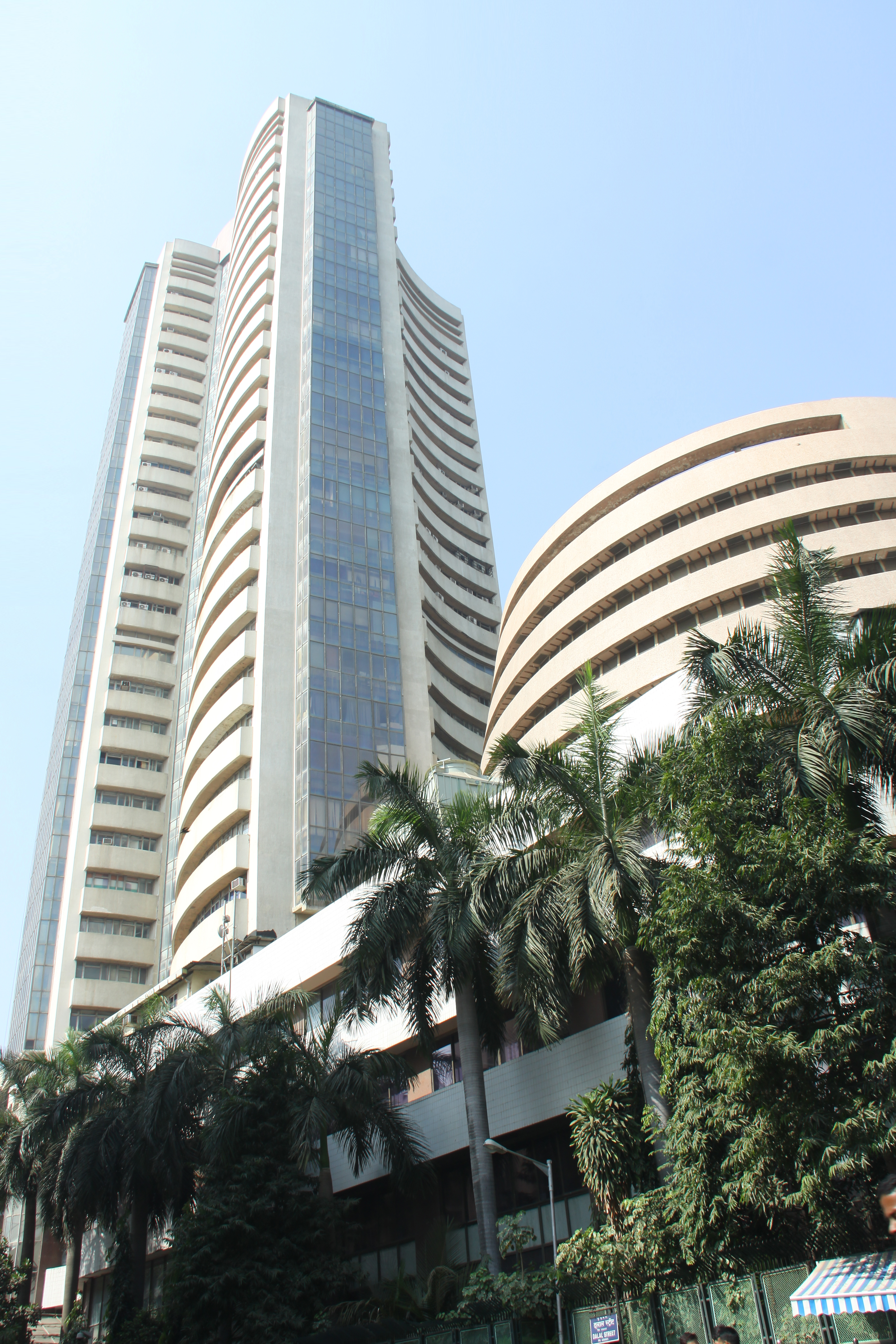NEWS
RBI flags risk of 'bubble' in Indian stocks
Asset price inflation in context of estimated 8% contraction in GDP in 2020-21 poses risk of a bubble, says RBI.
Asset price inflation in context of estimated 8% contraction in GDP in 2020-21 poses risk of a bubble, says RBI.

The warning of a bubble in domestic stocks has come from none other than the Reserve Bank of India.
The surge in Indian equity markets to record highs has perplexed many at a time when the economy is in deep stress due to the crippling impact of the coronavirus pandemic. Now it is the RBI which has stated that “this order of asset price inflation in the context of the estimated 8% contraction in GDP in 2020-21 poses the risk of a bubble.”
The BSE Sensex crossed the 50,000 mark on 21 January 2021 to touch a record high of 52,154 on 15 February, which represents a 100.7% surge from the slump just before beginning of the nationwide lockdown (since 23 March 2020) and a 68% increase over the year 2020-21. The index closed today at 51,115, up 0.19% from the previous day.
“The deviation of the actual Price/Equity ratio from its long-run trend shows that the ratio is overvalued. Measures of dividend yield also signal that markets are getting overpriced,” the RBI said. The Sensex is currently trading at a P/E ratio of 32.
Releasing its annual report for 2020-21 on Thursday, the RBI said the markets are driven by money supply and foreign portfolio investments (FPI). Economic prospects also contribute to movement in the stock market but the impact is relatively less compared with money supply and FPI, it said.
RBI’s assessment shows that liquidity injected to support economic recovery can lead to unintended consequences in the form of inflationary asset prices. It noted that liquidity support cannot be expected to remain unrestrained and indefinite and may require calibrated unwinding once the pandemic waves are flattened and real economy is firmly on recovery path.
IMF in a report said that the prices of risky assets surged across countries to record high levels during the year on the back of unparalleled levels of monetary and fiscal stimulus, and the turn in market sentiments following positive news on the development of and access to vaccines and the end of uncertainty surrounding US election results. The widening gap between stretched asset prices relative to prospects for recovery in real economic activity, however, emerged as a global policy concern.
Present valuations, as in the past, are supported by improved corporate earnings. This part of Sensex increase can be seen as rational. The prospects for the Indian economy though impacted by the second wave, remain resilient backed by the prospects of another bumper rabi crop, the gathering momentum of activity in several sectors of the economy till March, especially housing, road construction and services activity in construction, freight transportation and information technology.
The RBI annual report said the rise in equity prices during 2016 to early 2020 was mainly supported by a decrease in interest rates and equity risk premium (ERP), and to a lesser extent by the increase in forward earnings expectations.
Equity prices initially declined sharply due to a spike in ERP on Covid-19 concerns. "However, equity prices registered an impressive recovery, subsequently, aided by easing of ERP. Currently, dividend yields have fallen below their long-term trends. As such, two-way price movements are possible going forward, the central bank said.
Even considering the corporates posting above expectations earning growth, the stock prices cannot be explained by fundamentals alone, RBI added.
